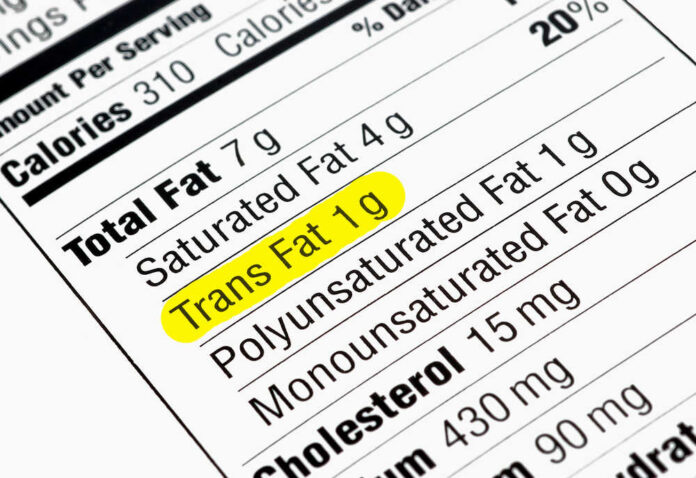
Nearly 40% of American adults have high cholesterol.
Although high cholesterol may not seem like a big deal, it can significantly increase your risk for heart disease and stroke, two of the leading causes of death worldwide.
Despite this, many people still make common mistakes when it comes to managing their cholesterol.
Underestimating High Cholesterol
One of the most dangerous mistakes you can make when it comes to their cholesterol is underestimating its impact on your health.
High cholesterol levels lead to a buildup of plaque in your arteries, causing those blood vessels to narrow and potentially block blood flow to your heart and brain. This puts you at a high risk for suffering from a heart attack or stroke.
Not Knowing Your Cholesterol Levels
The American Heart Association recommends getting your cholesterol checked every 4-6 years for adults over the age of 20 if you are otherwise healthy.
However, if you have a family history or personal history of high cholesterol or other risk factors for heart disease, you will need to get checked more frequently.
Eating Too Much Trans Fats and Saturated Fats
Trans fats are commonly found in many processed foods. They are added during the manufacturing process to make foods shelf-stable and longer-lasting. Unfortunately, they are terrible for your health—there is no “safe” amount of trans fats.
Saturated fats are found in animal products like meat, butter, and cheese. While the evidence for the dangers of saturated fats is not as conclusive, it is generally recommended to limit your consumption of saturated fats as much as possible.
Not Getting Enough Exercise
Exercise is essential for maintaining healthy cholesterol levels. Regular exercise can increase HDL or “good” cholesterol and lower LDL or “bad” cholesterol.
Health guidelines recommend at least 30 minutes of moderate-intensity physical activity most days of the week.
Smoking
Smoking is not just bad for your lungs. It’s also a major risk factor for heart disease and stroke. It tends to raise your LDL “bad” cholesterol and lower your HDL “good” cholesterol levels.
Quitting smoking is one of the most powerful ways to improve your overall health, including your cholesterol.
Not Taking Cholesterol-Lowering Medication as Prescribed
If your healthcare provider has prescribed medication to lower your cholesterol, it’s important to take it as directed.
Skipping doses or not taking medication as directed can be very dangerous.
Not Eating Enough Fiber
Fiber binds to cholesterol in your gut, preventing it from being absorbed into the bloodstream and effectively lowering your cholesterol.
Aim for at least 25-30 grams of fiber per day from fruits, vegetables, whole grains, and legumes.
Drinking Too Much Alcohol
Contrary to the popular belief that a drink of alcohol each day can be good for your heart, clinical research has shown that any amount of alcohol can increase your risk for heart disease.
If you drink less than 2 drinks in a day, and less than 10 each week, the risk is minimal. But any amount more than that causes your risk to rise high quickly.
Not Managing Your Weight
High cholesterol (and other heart issues) are closely linked to your body weight.
Being overweight or obese tends to elevate your cholesterol levels and substantially increase your risk of heart disease and stroke. Shedding even just 5% of your weight can have a huge impact on your cholesterol levels and overall health.
Not Managing Stress
Don’t overlook the psychological and emotional aspects of your heart health.
Overwhelming or poorly managed stress tends to cause all sorts of problems for your physical health, including potentially raising your cholesterol levels.
Exercise, meditation, creative art, nature environments, and spending time with loved ones are all great ways to reduce stress and help your heart health.
And if you need some extra help, reach out to a therapist or mental health professional.
If you have any questions or concerns about your cholesterol levels or how to manage them, your primary doctor can give you personalized guidance to help you better maintain your health.






















